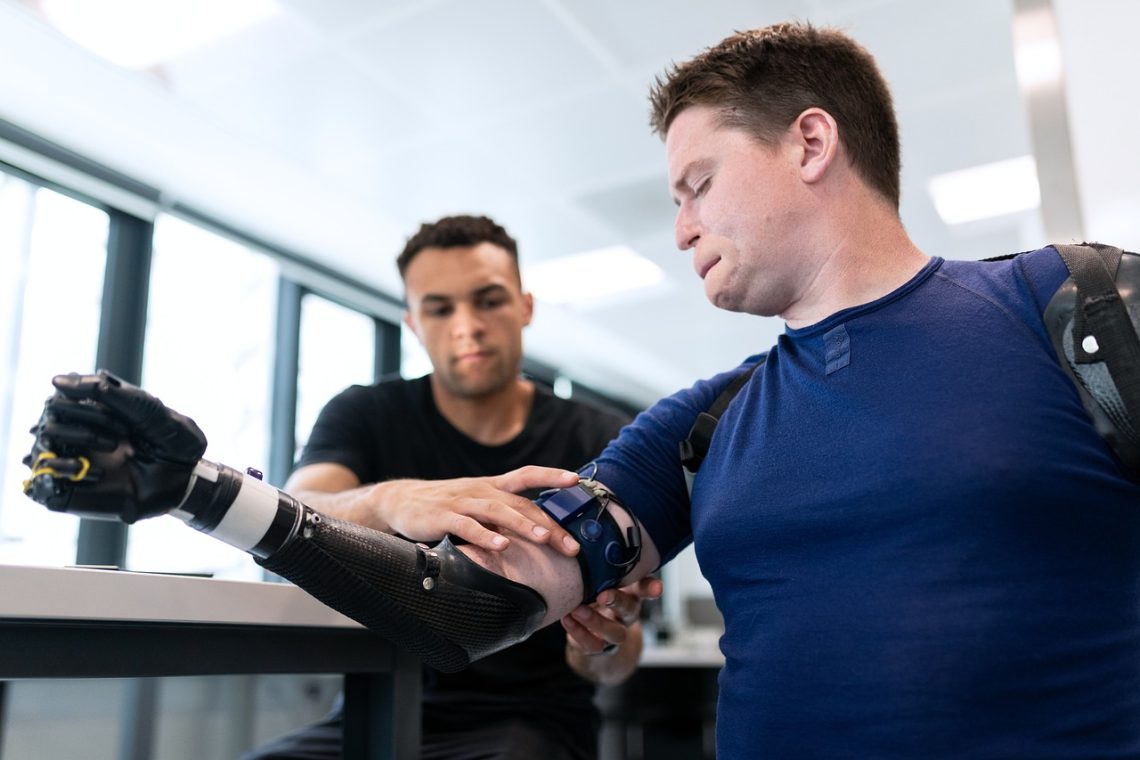Disability awareness is instrumental in fostering inclusive environments across various sectors. For educators, HR professionals, and healthcare workers, understanding the needs and rights of individuals with disabilities is crucial for promoting equality and accessibility in workplaces and educational settings.
The Importance of Disability Awareness
Disability awareness is vital for creating inclusive environments. Educators play a key role in ensuring all students receive equitable access to learning opportunities. HR professionals are responsible for maintaining workplace inclusivity and ensuring compliance with legislation. Healthcare workers must understand diverse patient needs to offer effective and empathetic care. Awareness is not solely about legal compliance; it’s about fostering a culture of respect and inclusion towards everyone.
Legal and Ethical Responsibilities
Organisations have both legal and ethical obligations to provide equal opportunities for individuals with disabilities. Laws such as the Equality Act 2010 in the UK mandate that employers and educational institutions make reasonable adjustments to prevent discrimination. Failing to adhere to these legal requirements can lead to serious consequences, including reputational damage and financial penalties. Ethically, fostering an environment that values diversity and inclusion enhances community well-being and organisational integrity.
Benefits of Disability Awareness Courses
Disability awareness courses offer significant advantages for professionals across various fields. For educators, these courses provide insights into adaptive teaching strategies that cater to diverse learning needs, ensuring that students with disabilities are supported effectively. HR professionals gain the knowledge needed to create policies and practices that promote an inclusive work culture, which can improve employee morale and retention. Healthcare workers benefit from training that enhances their ability to provide patient-centred care, recognising and addressing the needs of patients with disabilities.
Furthermore, these courses encourage empathy and understanding, reducing stereotypes and biases that may exist unintentionally. They empower professionals to communicate effectively with individuals with disabilities, ultimately enhancing professional relationships and service quality.
Implementing Disability Awareness Training
Integrating disability awareness training into workplaces and educational institutions requires thoughtful planning. Organisations should start by assessing the needs of their workforce or student body to determine the specific areas of awareness that need strengthening. Training programs can be delivered through workshops, seminars, or e-learning platforms, offering flexibility to suit different schedules and learning preferences.
It’s important to engage subject matter experts to deliver these trainings, ensuring the content is accurate and impactful. Institutions should consider incorporating practical exercises and real-world scenarios into the curriculum, allowing participants to apply their learning in a supportive environment.
Real-life Success Stories
Numerous examples illustrate the positive impact of disability awareness courses. For instance, a school that incorporated disability awareness training into its staff development program reported significant improvements in teacher-student interactions, particularly with pupils who have special educational needs. Teachers became more adept at using inclusive teaching strategies, leading to better student engagement and achievement.
In the corporate sector, a company that implemented comprehensive disability awareness training for its HR department observed a marked increase in employee satisfaction and retention. By fostering a more inclusive workplace, the company enhanced its reputation and attracted a more diverse talent pool.
Conclusion
Disability awareness is essential for building inclusive, respectful environments in educational and professional settings. By understanding the legal, ethical, and practical aspects of disability awareness, educators, HR professionals, and healthcare workers can make informed decisions that benefit individuals with disabilities and the wider community. The positive outcomes of such training are evident in improved interactions and enhanced inclusivity. Organisations seeking to stay at the forefront of inclusion will find that investing in disability awareness courses is a worthwhile commitment to a more equitable future.





